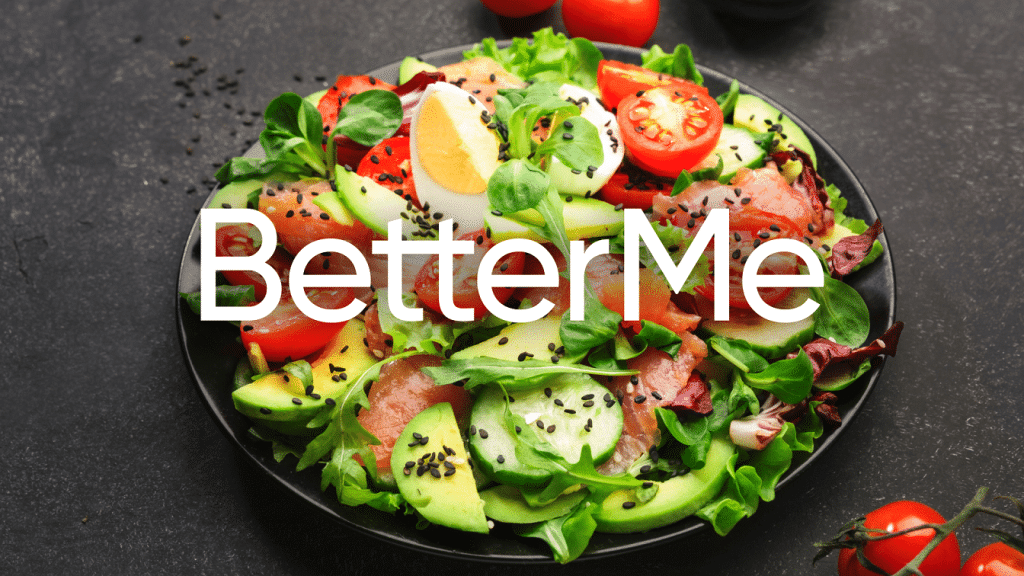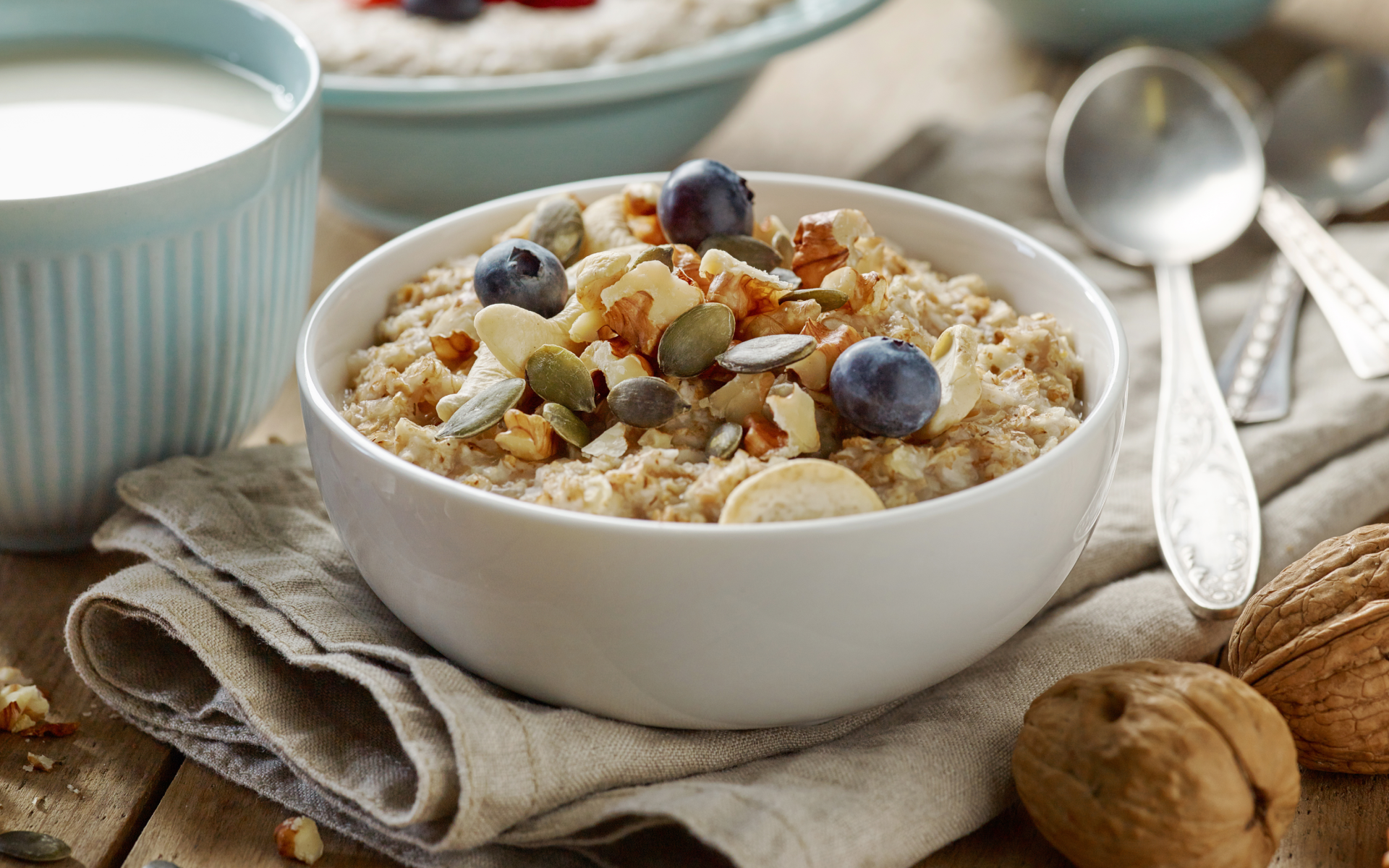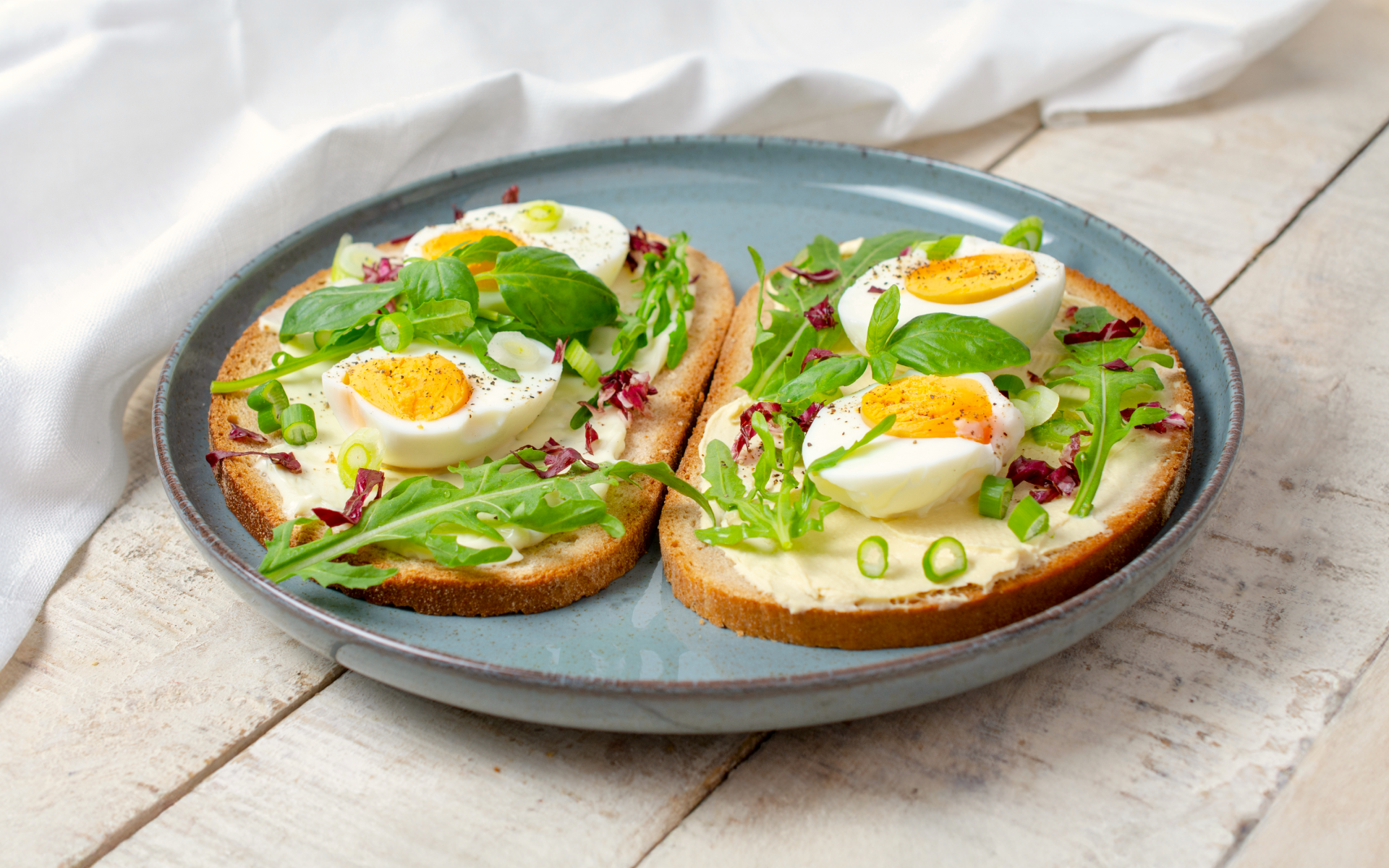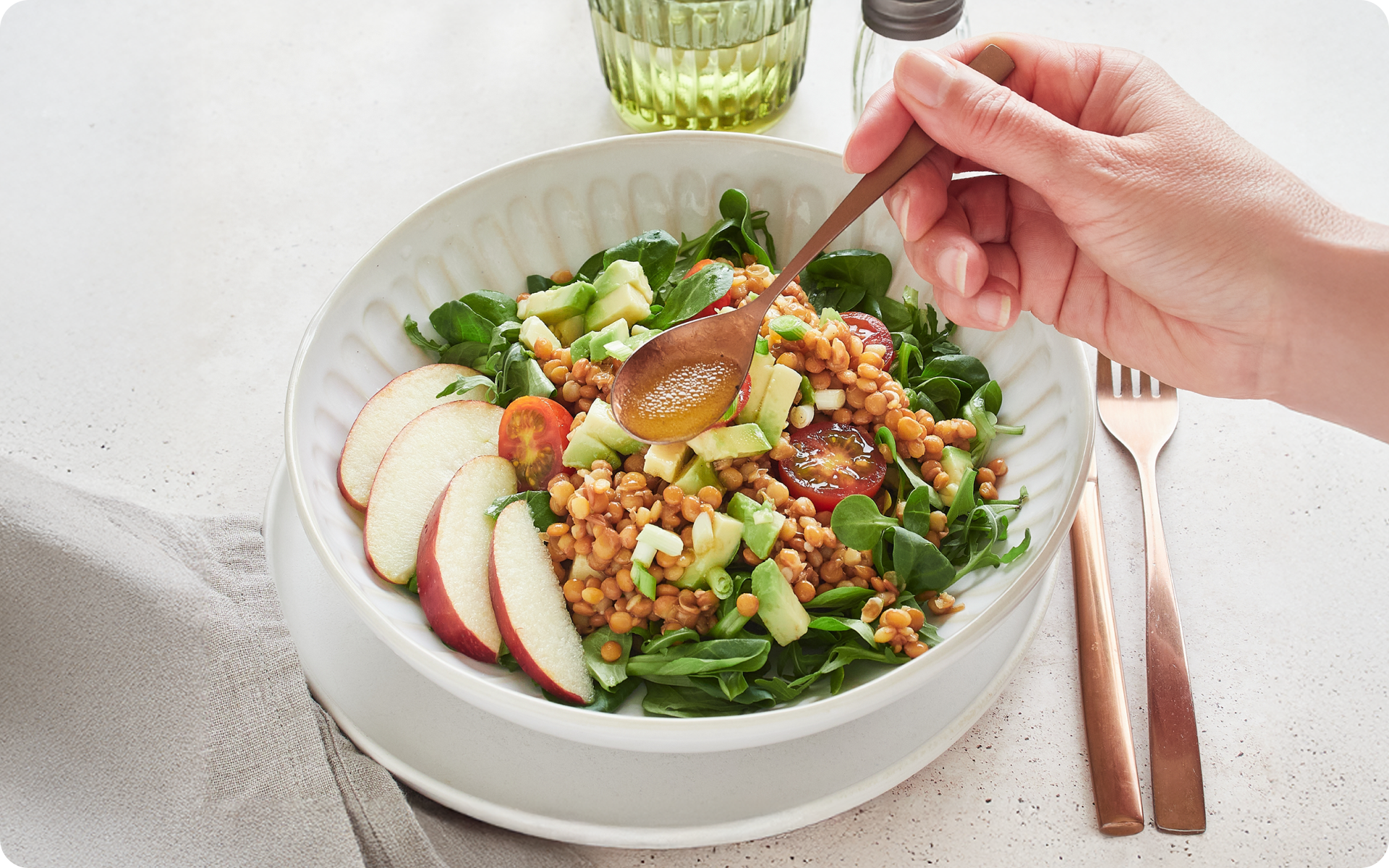These days more and more people are making a gradual transition into vegetarianism. If you’re ready to overhaul your diet and dive into the meat-free lifestyle, you should learn all the facts necessary for making an educated decision. We’ve laid out all the facts about the vegetarian diet in this article.
Get your personalized
meal plan!
What Can You Eat On A Vegetarian Diet?
There are several options to choose from that are about avoiding some or all animal products, and giving preference to fruit, vegetables and legumes instead. Vegetarian diets fall into certain types (4):
- Flexitarian: plant-based, but with occasional meat, fish or poultry.
- Pescetarian: allows fish and sometimes eggs and dairy.
- Lacto-ovo-vegetarian: no animal products except for dairy and eggs.
- Lacto-vegetarian: dairy is allowed.
- Ovo-vegetarian: eggs are allowed.
- Vegan: avoids all animal-derived products, including honey.
Read More: Vegetarian Weight Loss Meal Plan For 1200 Calories: Revamp Your Diet Right Now!
Benefits
- Embarking on a vegetarian diet will have your fat-burning system working in full swing. Firstly, the diet consist of fewer calories. At least in the beginning, you’ll start shedding pounds because of that. Additionally, its followers naturally gravitate to healthier meal options (6).
- Your heart will be in tip top shape. It’s so because you’ll start consuming less saturated fats and cholesterol. A study, published by the American Dietetic Association, suggests that a vegetarian diet promotes a lower risk of death due to heart disease (3).
- Adopting a plant-based diet may increase longevity.
- Loading up on fiber-rich foods can improve blood sugar control and insulin response.
- Vegetarian foods are usually full with water, so you’ll always stay hydrated. Consequently, it will have a pleasant impact on your skin as a bonus.
- Besides, research says that vegetarians have lower scores on depression tests and mood profiles in comparison to meat or fish-eaters.
Betterme will keep you laser-focused on your weight loss journey! Nutrient-packed meal plans, fat-blasting workouts, galvanizing challenges and much more. Try using the app and see for yourself!
Downsides
- Cutting out entire food groups may result in nutrient deficiency. So, make sure you’re not skimping on vitamin B12, calcium, iron, zinc, vitamin D, omega-3 fatty acids, or protein.
- To be on the safe side, the vegetarian diet may require supplementation.
- Changing habits is difficult. You could find yourself consuming vegetarian friendly but highly processed food that lacks nutrients.
How To Start A Vegetarian Diet?
The easiest way to make the transition smooth is to avoid rapid changes. Therefore, start small and then ramp up. Try several vegetarian-friendly recipes per week and search for plant-based alternatives of your favorite dishes.
The vegetarian diet pyramid, for example, is a helpful tool to remember what products to consume and how often. A healthy vegetarian diet provides adequate non meat protein. So, if you choose not to eat dairy and eggs, you can get protein from other sources. For instance, spirulina, soya and tofu. Beans, nuts and seeds are full of protein and healthy fats that are necessary. You can also include nutritional yeast for protein and B vitamins that you may be missing out on.
Summary
To sum up, for those who decide to stick to a vegetarian lifestyle, there are options to choose from: you can eliminate meat or avoid all types of animal products. Above all, vegetarians are able to keep their health in check and live a long fulfilling life supporting animal rights and environment.
DISCLAIMER:
This article is intended for general informational purposes only and does not address individual circumstances. It is not a substitute for professional advice or help and should not be relied on to make decisions of any kind. Any action you take upon the information presented in this article is strictly at your own risk and responsibility!
SOURCES:
- Becoming a vegetarian (2018, health.harvard.edu)
- Is It Better to Be a Vegetarian? (2018, webmd.com)
- Position of the American Dietetic Association: vegetarian diets. (2009, ncbi.nlm.nih.gov)
- Vegetarian diet: How to get the best nutrition (2019, mayoclinic.org)
- Vegetarian diets: what are the advantages? (2004, ncbi.nlm.nih.gov)
- Vegetarian, vegan diets and multiple health outcomes: A systematic review with meta-analysis of observational studies (2016, tandfonline.com)
- What to know about the vegetarian diet (2020, medicalnewstoday.com)












